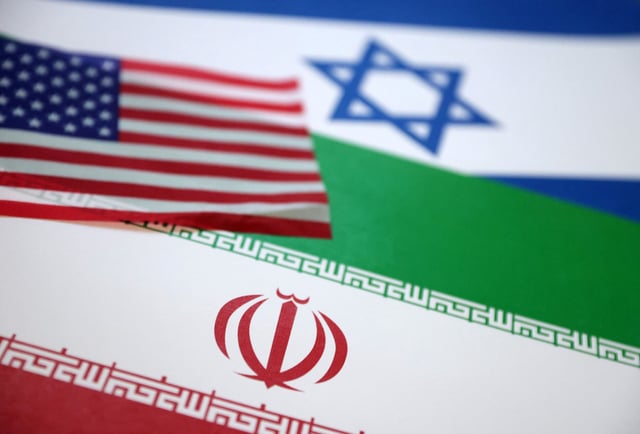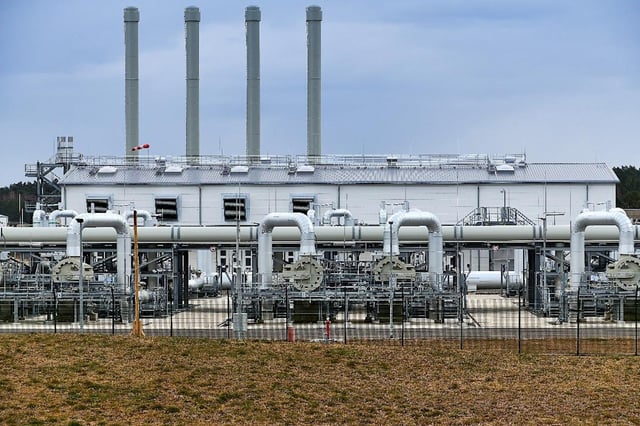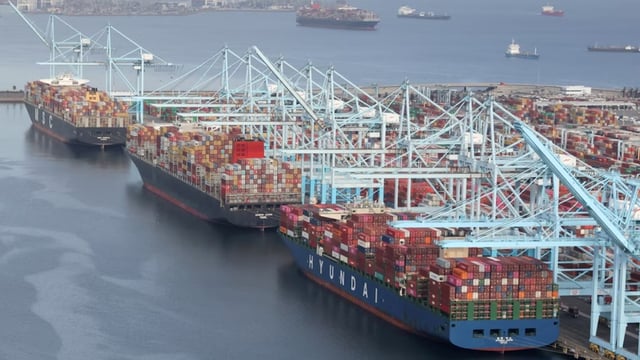Overview
- President Donald Trump said US forces could decide on direct intervention within two weeks; military leaders are dispersing naval ships in the Persian Gulf to guard against potential mine-laying in the Strait of Hormuz.
- Iran has threatened to close the Strait of Hormuz if Washington enters the war, jeopardizing a key channel that handles nearly a fifth of global oil trade and a quarter of world LNG shipments.
- Bloomberg vessel-tracking data show oil tanker transits remain near normal at about 42–45 ships daily, though container and bulk carrier traffic has dipped since Israel and Iran began exchanging missile strikes.
- Commerce Secretary Sunil Barthwal convened shipping and air-cargo stakeholders to monitor freight and insurance rates, maintain a ship-reporting system and explore rerouting through alternative ports such as Chabahar.
- Analysts warn any closure or mining of the Strait could spike oil prices, inflate freight and insurance costs and threaten India’s energy imports—two-thirds of its crude and half of its LNG—while fueling domestic inflation pressures.



